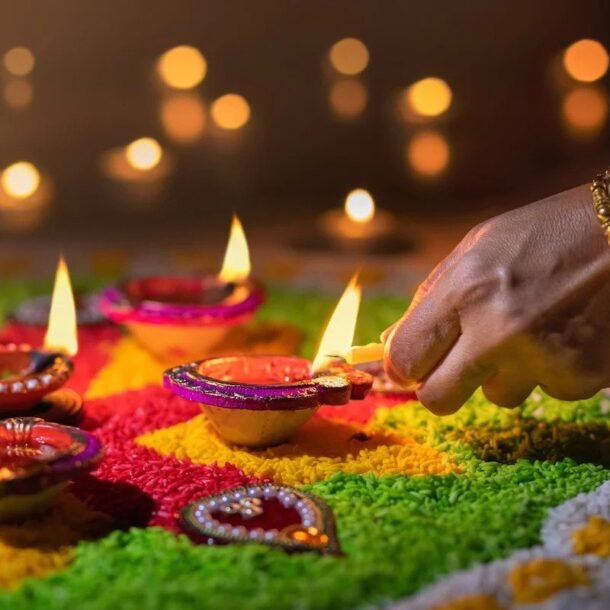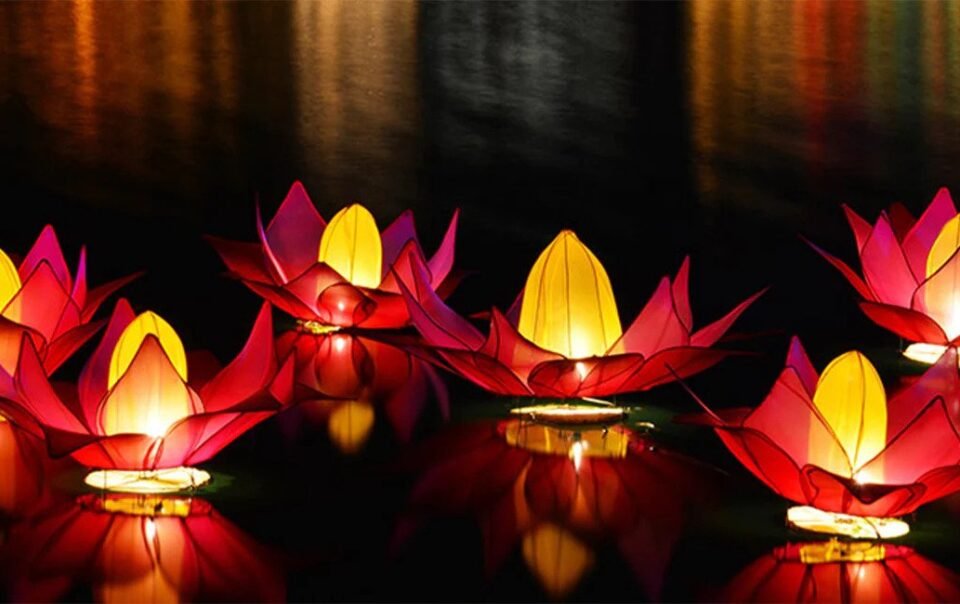
Sri Lanka National Day: Celebrating Unity and Independence.
Sri Lanka National Day, celebrated on February 4th, is a day of great historical and cultural significance for this island nation in the Indian Ocean. It marks the day when Sri Lanka gained its independence from British colonial rule in 1948. This special occasion is more than just a national holiday; it’s a time for reflection on the nation’s journey to freedom and a celebration of its rich and diverse culture. In this article, we delve into the history, traditions, and the spirit of unity that define Sri Lanka National Day.
The Road to Independence:
Sri Lanka’s history is marked by centuries of colonial rule, beginning with the Portuguese, followed by the Dutch, and ultimately, the British Empire. It was only in the mid-20th century that Sri Lanka, then known as Ceylon, gained its long-awaited independence. On February 4, 1948, the nation saw the dawn of a new era as it officially became a sovereign state.
The Significance of the Flag Hoisting Ceremony:
One of the central events of National Day is the flag hoisting ceremony, typically held in the capital city, Colombo. The President of Sri Lanka raises the national flag, accompanied by the national anthem. This act symbolizes the country’s freedom and sovereignty, while also paying tribute to those who fought for it.
Cultural Celebrations:
National Day is a platform for showcasing Sri Lanka’s diverse culture and traditions. The event features a vibrant display of traditional dances, music, and performances from various regions and ethnic groups. These cultural presentations underscore the nation’s unity in diversity.
The National Anthem and Pledge:
The singing of the national anthem, “Sri Lanka Matha,” is a poignant moment during the celebrations. It is followed by the recitation of the National Pledge, which emphasizes the importance of unity, freedom, and independence.
Parades and Processions:
Parades and processions are a common feature of National Day celebrations, featuring the country’s military, police, and other government and civil organizations. These displays not only demonstrate Sri Lanka’s defense capabilities but also showcase its commitment to maintaining peace and security.
Diplomatic Participation:
National Day is attended by foreign dignitaries and ambassadors, underscoring Sri Lanka’s role in the global community and its diplomatic relations with other countries.
Reflection on Unity and Peace:
National Day is more than just a historical commemoration; it’s a time for Sri Lankans to reflect on their journey as a nation, honor their diverse heritage, and reinforce their commitment to peace, unity, and democracy.
Conclusion:
Sri Lanka National Day is a time for both reflection and celebration, a reminder of the country’s hard-won independence and the unity that defines it. It symbolizes the resilience of the nation and its journey toward democracy, peace, and cultural diversity. The festivities not only pay tribute to the past but also reinforce the commitment to a brighter future. National Day is a testament to Sri Lanka’s spirit, its cultural richness, and its enduring legacy as a nation that values freedom, unity, and peace.
Our Address
Sandul Villa
No: 510/41, 11th Lane, Beruwala
Sri Lanka, 12070 Post CodeReservation
Tel.: +94 (0)372 515 5005
sandulvillaestonia@gmail.com
senaka.sanjeewa@yahoo.comNewsletter
Awards





